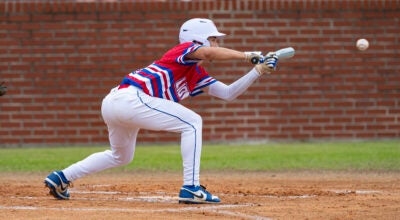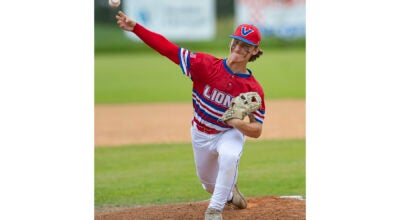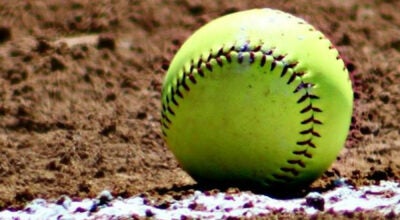Area athletic trainers play crucial behind-the-scenes role
Published 8:25 am Wednesday, November 6, 2013
Friday night football is one of the area’s most popular pastimes. Behind the scenes, dozens of athletic trainers play a crucial role in caring for the area’s high school heroes.
Orthopedic specialist Dr. Geoffrey Collins, a team physician for the McNeese State University athletic department, works with the Center for Orthopaedics team of trainers, which helps provide care to athletes at more than a dozen area high schools.
Collins said the trainers work closely with school officials to develop and maintain care schedules for injured athletes.
“Our trainers are assigned to a different area so that the coaches, principal and everyone has a relationship with them,” he said.
“Each of our trainers will have three or four schools. They will go there multiple times during a week. If kids are getting treatments, they will check on them and discuss with coaches whether they will be ready for Friday. On Friday nights we will have a trainer at each game. At our home games, we will have an orthopedic surgeon at almost every game. The general understanding in high schools is that the home team will provide the health care, the trainer, the ambulance and all that. On those nights, the trainers are well-trained and effective in taking care of the kids. We are there for a couple of reasons. We are there to decide on when to return to play.”
During school visits, trainers give treatment prescribed by doctors and conduct tests to determine how therapy is progressing.
“They will have a list of kids they are treating and a designated time to come and treat them,” said Collins. “They can give them ice, electrical stimulation or other treatments. We work on the swelling, then we work on their motion, get them running straight line, then get them doing agility drills. Then we protect them by bracing them and letting them return to play.”
On Friday nights, the trainers tend to minor injuries and help get treatment of major injuries started.
“If it is a minor injury, we can get them started — we can get them into the Saturday morning clinic, get them treatment with the physical therapist and expedite their treatment so that there is no delay,” said Collins.
“That is something we learned to be very effective when we take care of McNeese. We hop on the kids, control the swelling so that they don’t have to deal with that on the back end. It can really expedite their return to play. On the major injuries, we are on the phone right away, telling the hospital there is someone coming in on a spine board, or we need an ambulance or helicopter, here is what we think is going on, so there is no kind of delay. We can get them into a CAT scan if they need it, X-rays or whatever they need.”
The trainers follow a state-mandated protocol when concussions are suspected.
“Fortunately for everybody, the LHSAA has been extremely effective in establishing guideline rules on the hot topic of concussions,” Collins said.
“They have taken a lot of heat off our backs and made it crystal clear. Those rules indicate that anyone from a parent, coach, referee or doctor can identify the signs or symptoms of a concussion. All of the doctors and trainers are. If anyone is diagnosed with signs of a concussion, they are out of play for the rest of that day. We have a concussion expert, Dr. Errol Wilder, that works with us. He is excellent, he has done extensive additional training on the return-to-play protocol.”
Collins said he and his team are working to make it easier for coaches to follow the progress of their athletes.
“We have a system called the Coaches Portal, a secure, Web-based system where a coach can log into the system and access their kids,” he said.
“When we see a player, it will populate the impression, show the grade of the sprain, see the plan and the progress through physical therapy. They can look at that and read it. A lot of times, coaches just wait for a parent to tell them the kid can play. We are trying to give them the same kind of system they have at McNeese so that they are more involved and know who will be available to them. We have it for all McNeese sports and some high schools.”
Jason Rodriguez helps student trainer Courtney Delaney




